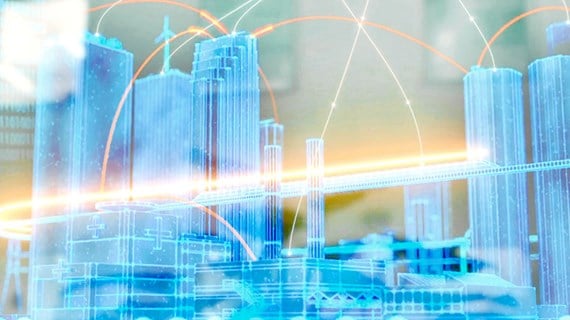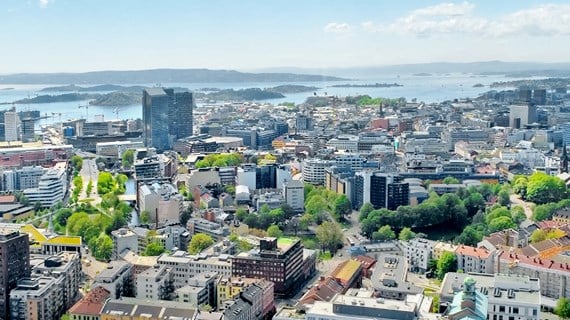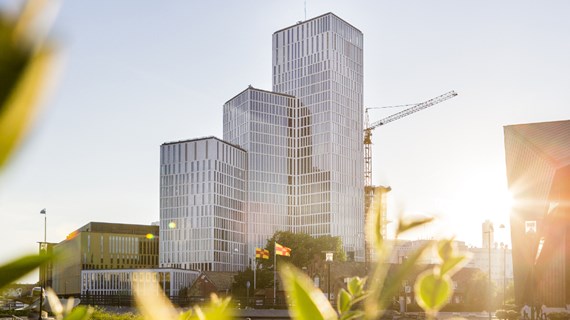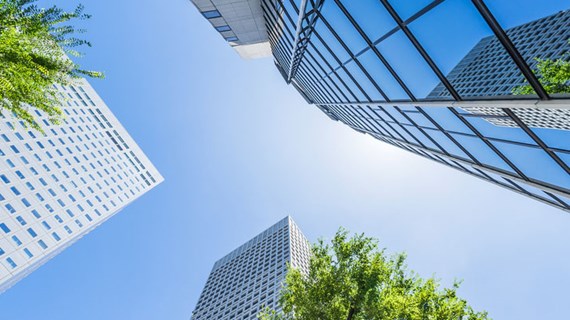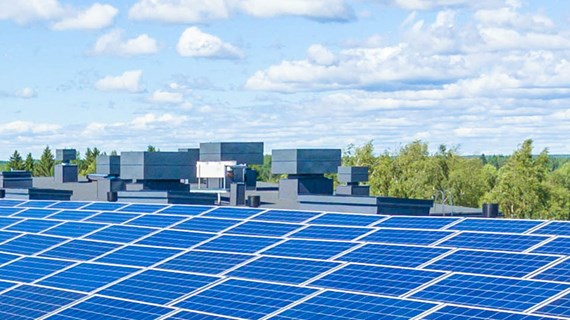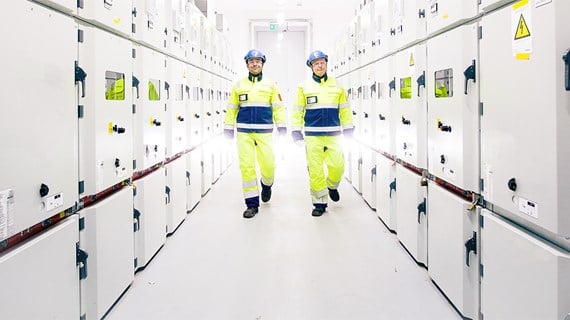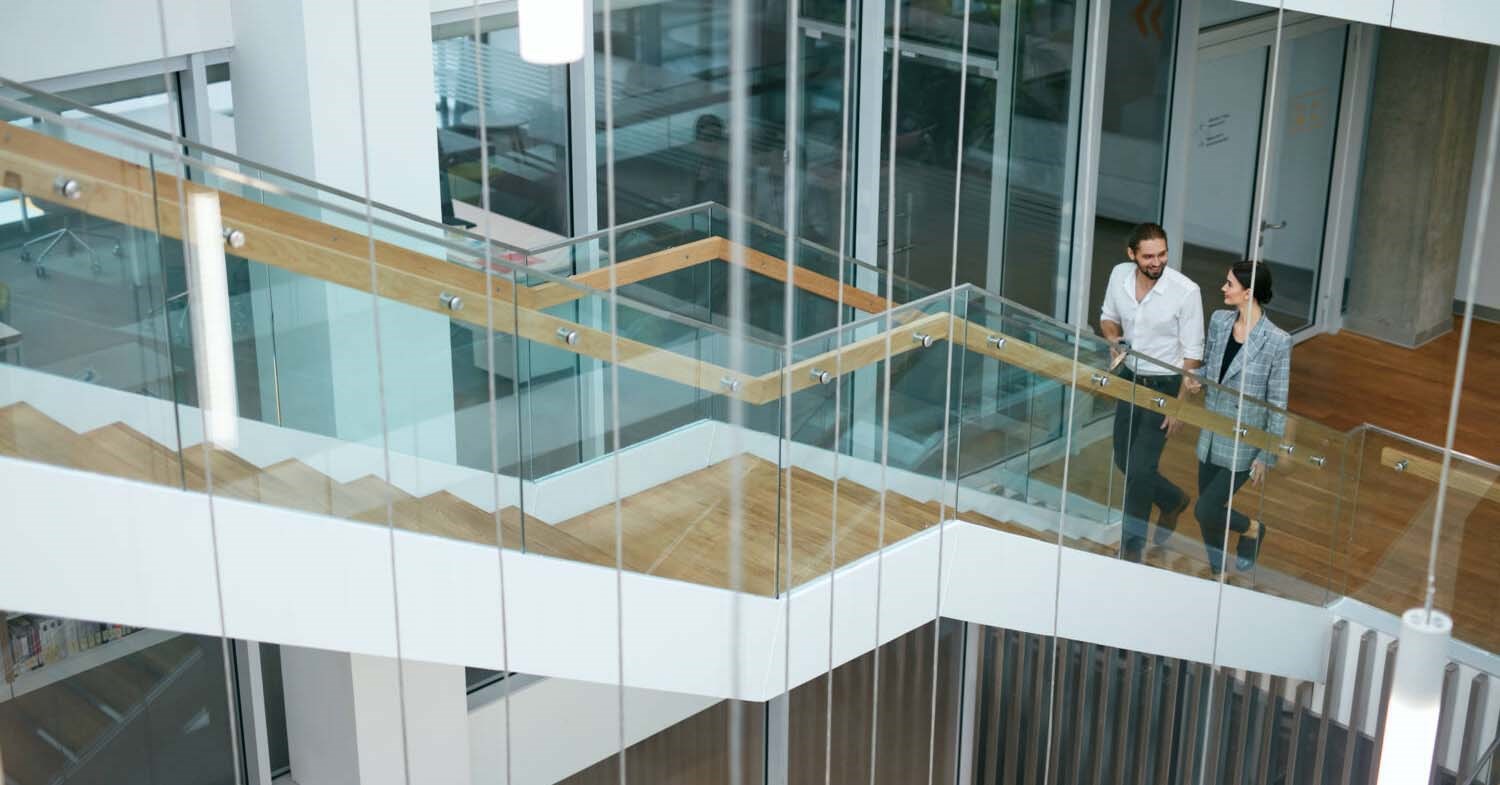
Property value: How is it created and how can it be increased?
The value of the property means more than just financial performance, cash flow or the price per square metre. It is a combination of user experience, sustainability, image, smart technology and planned investments. But how can the value of the property be increased? How to create a property that attracts tenants, operates in an energy-efficient way and meets sustainability requirements – that is, at least retains its value in the future?
User experience determines property value
The main determinant of the property's value is the tenants' willingness to pay and to stay. For tenants, real estate is more than just a physical space – at its best, it is a dynamic environment that adapts to their different needs and creates value for them. For the tenant company, the premises are also an important part of the employee and customer experience. The success of a property is measured by how well it serves its users.
The better the property as a whole is managed, the more committed the tenants are. Clean, comfortable and supportive work space solutions, healthy indoor climate, smart lighting, good maintenance, sustainability, energy efficiency, thermal comfort, reliable security systems and easy-to-use AV equipment support tenants' everyday life and keep them satisfied.
Data, artificial intelligence and data-driven management add value
In the European Union, buildings are responsible for 40% of energy consumption and 36% of greenhouse gas emissions. Investing in energy efficiency pays off quickly, and the environment also thanks.
In addition to smart energy use, the modern property keeps costs under control thanks to predictive maintenance. Intelligent systems using artificial intelligence (AI) and machine learning are able to detect problems before they happen, predict equipment maintenance needs and enable remote control, which reduces maintenance visits. Predictive maintenance also extends the life of the technical equipment.
The collected data can be used for continuous improvement of conditions. This means, for example, monitoring indoor air quality and optimising energy consumption according to the occupancy rate of the premises.
However, it is good to remember that although the importance of digital solutions is constantly growing, they do not replace professional property management. Data-driven management of real estate is valuable.
Sustainability as an enhancer of the value of the property
Sustainability has emerged as a key factor in the value creation of properties. Corporate Social Responsibiltiy (CSR) generally covers three areas: Economic, Social and Environmental.
- Economic responsibility means ensuring the continued competitiveness and profitability of the property. Sustainable property management combines smart investments, sustainable maintenance and proactive risk management. For example, renewable energy such as solar energy and geothermal energy are strategic investments that create value for both the property owner and tenants.
- For many tenants, an environmentally certified property is a necessity today. Emissions from the premises are part of the company's total emissions, which are aimed to be as low as possible. BREEAM and LEED certifications are a concrete way to demonstrate the property's environmental friendliness. They not only increase the market value of the property, but also serve as a business card for responsible companies.
- Social responsibility, on the other hand, emphasises the safety of the property, accessibility, taking into account the individual needs of the tenants, as well as spaces that promote communality.
Concrete ways to increase the value of your property
The factors mentioned above – user experience, smart technology and sustainability – form the basis for increasing the value of the property. Successful real estate requires a holistic approach and long-term development work. Please note the key actions below:
Optimise space usage
Adaptive spatial solutions enable more efficient use of the property and adapt to the changing needs of companies.
Invest in smart technology
Intelligent building automation saves energy, improves property conditions and supports predictive maintenance.
Improve energy efficiency
Ensure that the property utilises renewable energy sources such as solar energy or geothermal heat where possible. Invest in energy saving measures that keep your property's energy costs in check and reduce emissions.
Pursue environmental certifications
Environmental certifications increase the value of the property and attract responsible tenants.
Invest in user experience
High-quality indoor climate, modern AV systems and comfortable spaces make the property attractive to current and future tenants.
Leverage data
Analyse property data to continually improve the functionality, energy efficiency, and sustainability of your property.
Do you want to ensure that the value of your property is maintained and developed?
Get in touch and let's take a look at your property together
This blog article was originally published in Finnish on caverion.fi/blogi, few edits have been made into this translation.
